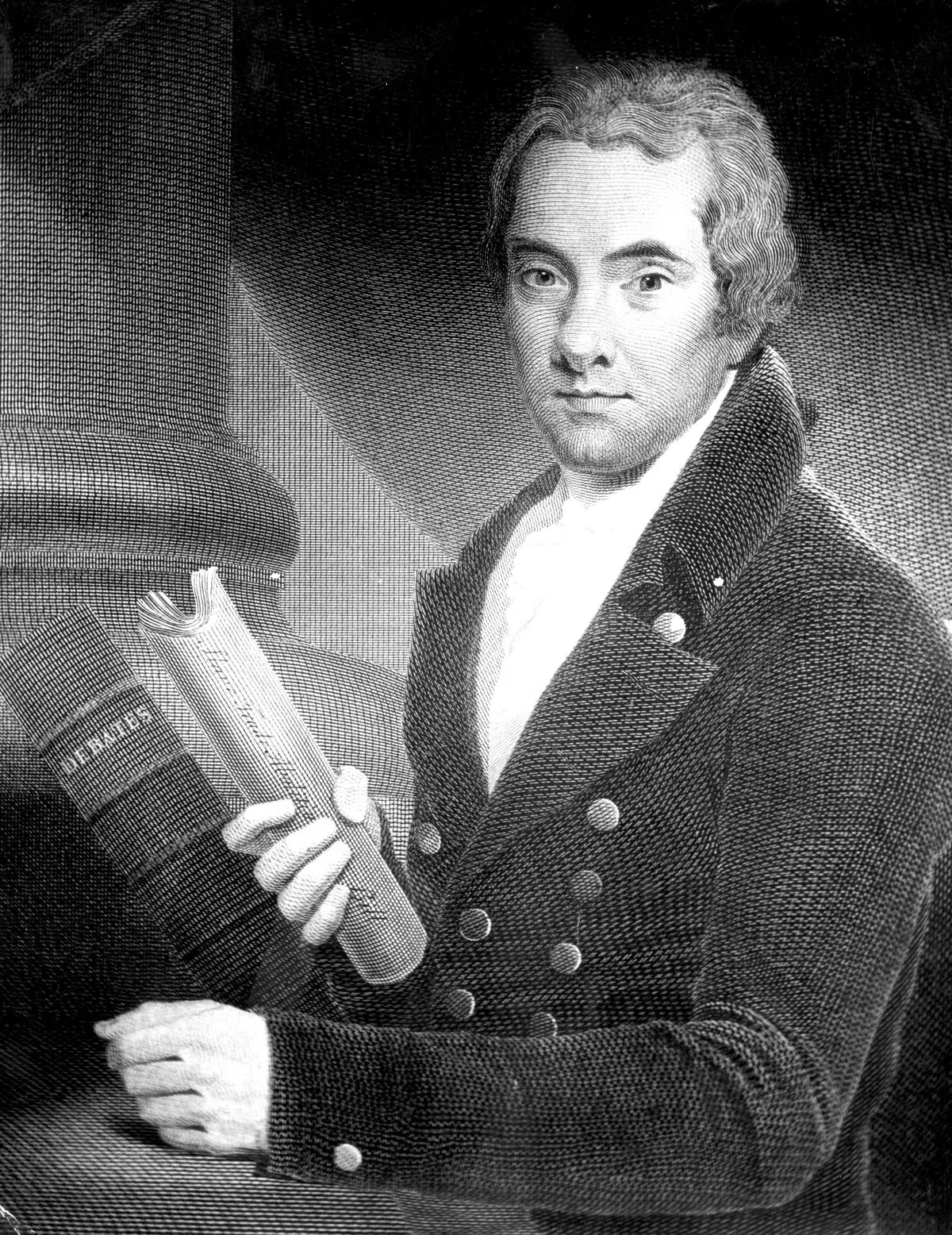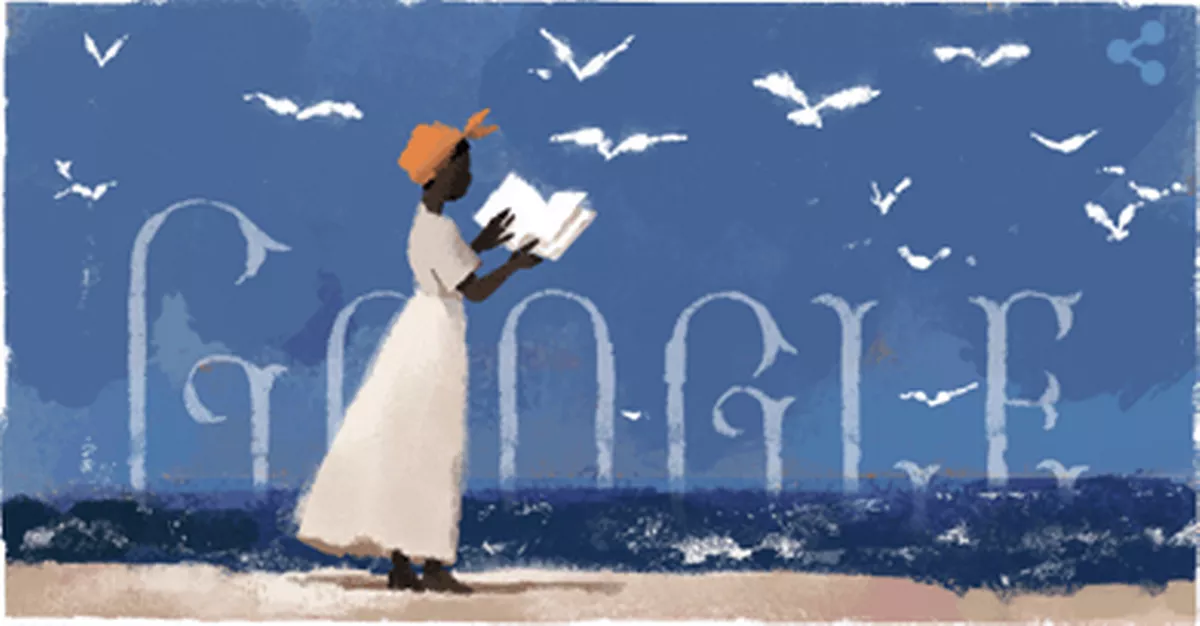May 16th: Today’s Feature
- webbworks333
- May 15, 2025
- 3 min read
May
Mary Prince
Mary Prince's life began in the shackles of slavery, as she was considered the property of her slave owners. However, her legacy as a national hero in Bermuda was not solely based on her status as a slave, but rather on her courageous fight for freedom. Unlike many other enslaved individuals, Mary Prince took a stand against the injustices she faced and shared her story with the British people in order to advocate for her rights and the rights of others in similar situations.

Throughout her time as a slave in the West Indies, Mary Prince endured unimaginable hardships at the hands of her oppressors. Despite the harsh treatment she received, Mary's resilience and determination shone through as she made attempts to escape her enslavement. Her spirit of rebellion and independence were evident in her actions, especially when she defied societal norms by marrying Daniel James without seeking her slave owner's permission, a bold move that showcased her strength and autonomy.
Testament to Bravery
Mary Prince's story serves as a powerful reminder of the strength and resilience of those who have been oppressed throughout history. Her willingness to speak out against the atrocities of slavery and fight for her own freedom paved the way for future generations to challenge oppressive systems. Mary's legacy as a national hero in Bermuda is a testament to her bravery and unwavering commitment to justice, making her a symbol of hope and inspiration for all who continue to fight for equality and human rights.
Towards the end of November 1828, Wood, who was the last owner of Mary as a slave, made the decision to take her to London. This journey marked a significant turning point in Mary's life, as it was in London that she would ultimately gain her freedom from the shackles of slavery. Upon her arrival in the bustling city, Mary was met with a remarkable shift in the prevailing sentiment towards slavery. The mood had transformed into one of staunch opposition to the institution, with the British legal system no longer supporting the abhorrent practice.
After a short period of time in London, Mary joined forces with the Anti Slavery Society, which was established by William Wilberforce.
Subsequently, she started collaborating with Thomas Pringle, who was not only an abolitionist writer but also served as the secretary for the Anti Slavery Society.
Freed by Britain
As Mary stepped out onto the streets of London, she did so as a freed woman, liberated from the chains that had bound her for so long. However, it is important to note that her newfound freedom was limited to the shores of Britain. Despite her desire to return to her husband, Mary's homesickness was tinged with the knowledge that doing so would once again subject her to the ownership of Wood. This stark contrast between her status as a freed slave in Britain and a non-free person in Bermuda highlighted the complexities and injustices of the time. Nevertheless, Mary's unique situation played a significant role in bolstering the anti-slavery campaign.
Trailblazer
Mary's extraordinary journey did not end with her physical liberation. She went on to become a trailblazer in the fight against slavery, leaving an indelible mark on history. Mary's unwavering determination and courage led her to become the first woman to present an anti-slavery petition to Parliament, a groundbreaking achievement that shattered gender barriers.

Additionally, she became the first woman to write and publish an autobiography, using her own powerful narrative to shed light on the harsh realities of slavery. Mary authored a significant literary work titled 'The History of Mary Prince: A West Indian Slave', which played a pivotal role in the complete eradication of slavery. Despite the abolition of the Slave Trade in Britain in 1807, the book shed light on the ongoing atrocities endured by slaves on plantations, effectively raising public consciousness about the persisting horrors. Through its powerful narrative, Mary Prince's book became instrumental in furthering the cause of abolishing slavery altogether.
Legacy
It is no wonder that Mary Prince is revered as a national hero in Bermuda, as her contributions to the abolitionist movement continue to inspire and educate generations to this day.
In recognition of her remarkable life, a plaque was unveiled by Diane Abbot MP, in her honour on 27 October 2007, a testament to the enduring legacy of this extraordinary woman.














